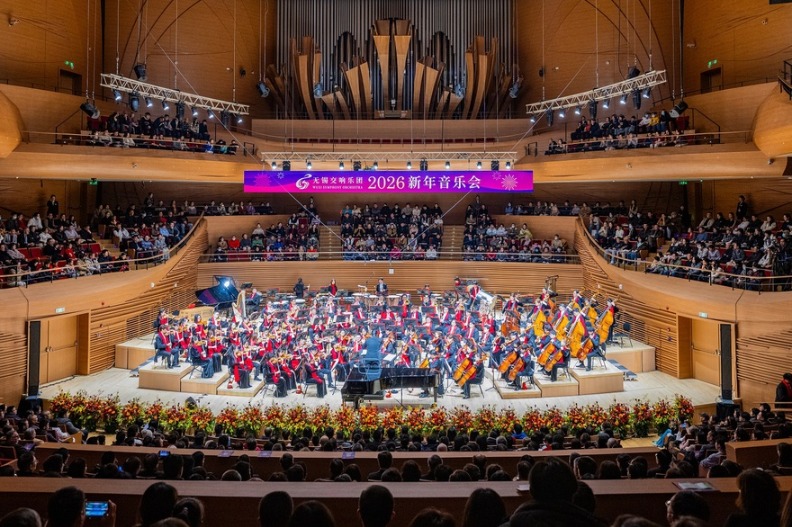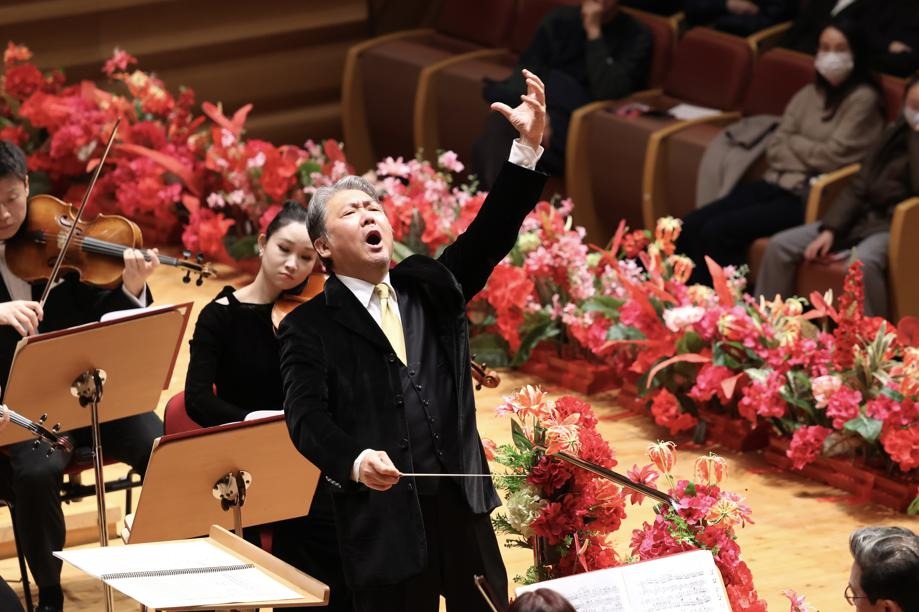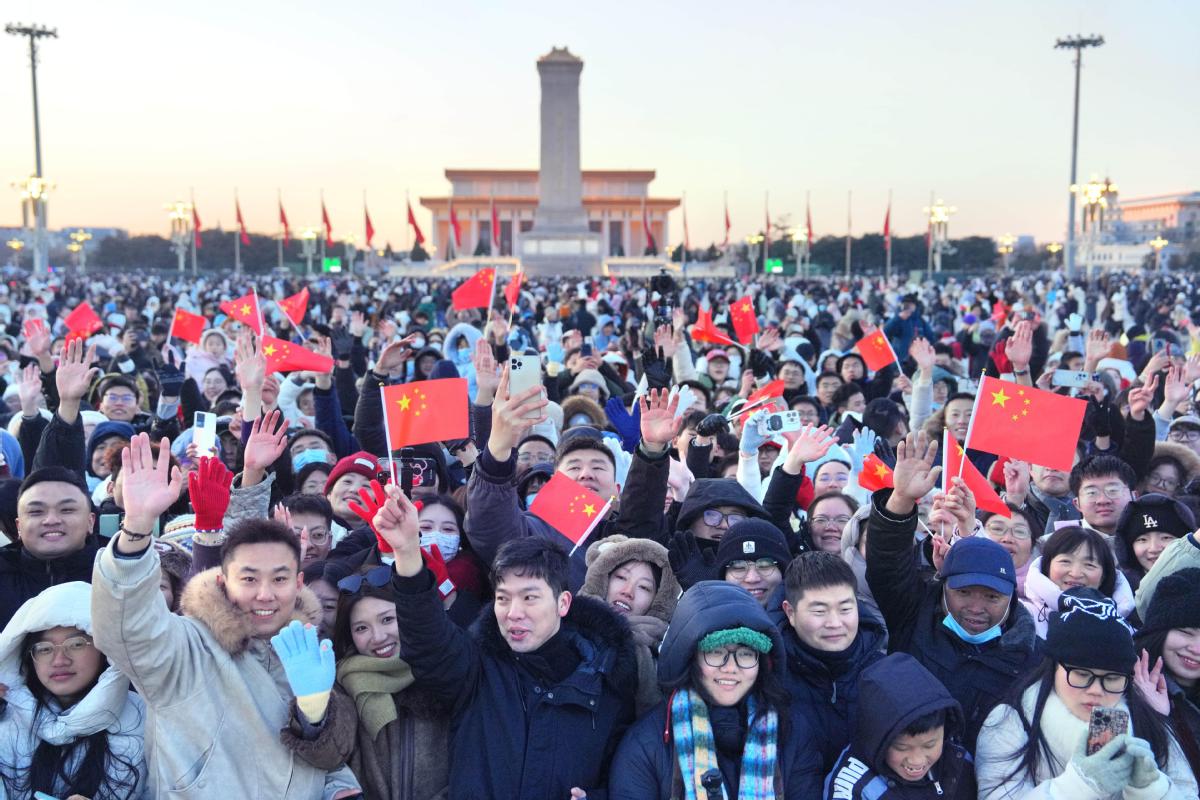Xi's visit strengthens solidarity of Gulf region


The recent visit of President Xi Jinping to the Kingdom of Saudi Arabia has uncovered many astonishing factors while promoting greater cooperation in many fields. Along with attending summits and meeting with leaders of Gulf countries, multiple memorandums of understanding have been signed for deepening trade and investment ties with the region.
So far, 34 investment agreements in sectors such as energy (green hydrogen, solar), information technology, cloud services, transportation, logistics, medical industries, housing and construction have been signed. A series of important events show that a new era of greater collaboration will start between China and Arab states. Joint collaboration in various fields, from economy to oil and gas trade, has been seen as a milestone.
The establishment of multilateral engagement will benefit the whole region. Gulf states have been opening borders to China, and this will be a game changer. It is noteworthy that President Xi has also received an honorary doctorate from King Saud University. This is a clear manifestation of the Arab world's trust in the Chinese leadership. This greater cooperation will indeed enhance shared prosperity for all parties involved.
All of these new initiatives uncover two major aspects. One is Saudi Vision 2030, which is a strategic framework aimed at reducing Saudi Arabia's reliance on oil, diversifying its economy, and expanding public service areas such as health, education, infrastructure, recreation and tourism.
One of the vision's main objectives is promoting a softer and more secular image of the kingdom, in addition to bolstering economic and investment activity. In this respect, Saudi Arabia's connectivity with China can be seen as a great gesture in its quest to achieve its aims and goals by 2030, including the creation of NEOM — a city being built in northwestern Saudi Arabia that will incorporate smart city technologies and function as a tourist destination — the Red Sea project and the Middle East Green Initiative.
The second imperative initiative is Saudi engagement with the Belt and Road Initiative. This grand project and its success, bolstered by China's miracle, have garnered attention and appreciation around the world.
Economies involved in the BRI have fully shown their trust in Chinese leadership for socioeconomic development and shared prosperity. It can be said that Saudi Vision 2030 and China's BRI naturally complement each other.
The strategic objective of the BRI is to enhance logistical and infrastructural connections and promote commerce and investment, while Saudi Vision 2030 intends to create a diverse economy independent of the oil trade. Thus, expanding collaboration between Saudi and Chinese businesses can give new impetus to diversify investment and trade linkages. This collaboration encompasses not just major infrastructure and utility building but also modern economic areas such as digital innovation and new energy development.
Under the new memorandums of understanding signed by Saudi Arabian Oil Co (Saudi Aramco) and China Petroleum& Chemical Corp (Sinopec), the companies will jointly assess refining and petrochemical integration opportunities in such areas as services and technology.
Other fields of BRI engagement include enabling energy transition, engaging local capacity in renewable energy investments and integrating hydrogen supply chains.
It is significant to mention that all new development opportunities generated by Xi's visit will deepen China-Saudi Arabia ties. Xi's dynamic policies of openness and inclusive socioeconomic progress have made him one of the most popular leaders in the world.
The first China-Arab States Summit and the inaugural summit of China and the Gulf Cooperation Council were also held during his visit.
President Xi's plane was escorted by four fighter jets from the Royal Saudi Air Force after it entered Saudi airspace, and by six Saudi Hawk jets from the royal aerobatic team after it entered Riyadh's airspace. The grand and warm welcome spoke volumes about his fame and respect.
The fruitful cooperation will reach new heights through the implementation of the signed agreements. This process will also strengthen regional solidarity in a positive way, helping the countries jointly tackle common challenges and build a community with a shared future.
The author is executive director of the Pakistan Research Center for a Community with Shared Future, Islamabad. The views do not necessarily reflect those of China Daily.
- Yunnan e-bike fire probe identifies raft of failings
- Investigation report released on e-bike fire that killed 8 in Southwest China
- Understanding Xi's vision of China and the world through New Year message
- 'Artificial sun' experiment finds way to break plasma density limit
- China reports 20% rise in inter-regional trips on first day of holiday
- China welcomes New Year in style



































